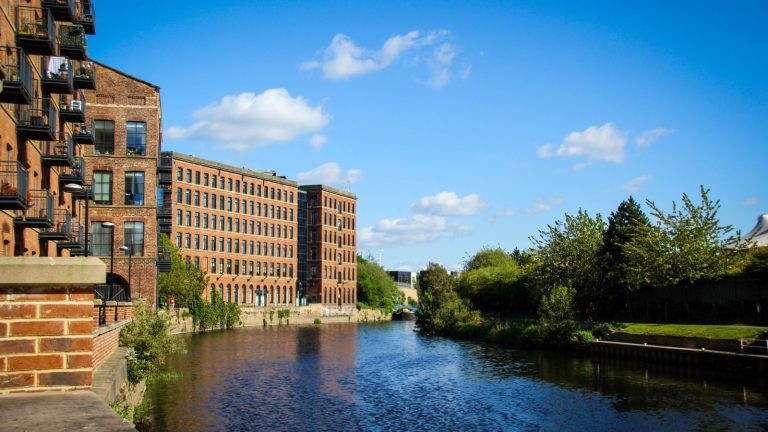
High-Street Banks & Bridging Loans
What are bridging loans?
Bridging loans are a short-term financial solution for financing property – short in comparison to mortgages; typically spanning a 12-month term (can be up to 36 months)
In a nutshell, bridge loans are used to “bridge the gap” between selling and acquiring property. In the case of high-street banks still offering bridging finance, it usually falls under this category.
While this is the most popular usage of bridging finance, numerous applications can be sought via specialist lenders with the help of a bridge loan advisor.
What are bridge loans used for?
Listed below are just a few examples of the various applications of bridging finance:
• Residential property purchase
• Commercial property; or property development
• Home renovations and refurbishments – to reach a property’s full market potential
• Fixing a chain break
• Buying a property at auction
• A self-build project
• Paying care fees for elderly relatives while transitioning from their previous property.
Which high-street banks offer bridge loans?
While many high street banks have limited scope for bridging options, high street lenders are still involved in the bridging finance market.
Bridging loans, however, are usually handled by separate subsidiaries of high street banks, which only brokers can access – hence why it can be difficult for the average person to go directly to high street banks to secure a bridging loan.
This list shows several high-street banks that offer bridging finance in some capacity (although not always directly to customers):
• Barclays
• HSBC
• NatWest
• RBS (Royal Bank of Scotland)
• Lloyds bank
Are there specialised lenders who are more accessible than high-street banks?
These banks operate as specialised lenders (with a more accessible avenue to bridging finance). They can accommodate many different circumstances, and more bridging options may be available from these particularly lenders than the high-street banks:
• United Trust bank
• Shawbrook bank
Although, it is best to go through a bridging loan advisor to secure the best possible deal, with favourable rates and a bridging loan that suits your circumstances and needs.
How a bridging loan broker can help
Through brokers, you will gain access to a range of lenders that you typically cannot access by yourself - including high-street banks.
In addition, brokers advise the best course of action regarding bridging finance while answering questions you might have.
Brokers create a competitive environment for lenders, meaning lower rates and potentially a favourable deal for their clients, one that an individual cannot pursue alone. By presenting their clients' situations to lenders, brokers are more likely to secure bridging finance that suits you by opening up more financial options and choices.
How much does a bridging loan cost?
Bridging loans can be expensive and vary in cost, whether from a high-street bank or a specialist lender.
There are high-interest rates and additional fees to consider – yet, there are ways to mitigate some of these costs. A broker can help organise a desktop valuation or can get “dual representation” to combine legal fees for both the borrower and lender.
A bridge loan calculator can give you an idea of costs based on your financial circumstances and a lender's requirements - you can use our free one here.
However, while getting an indicative quote through the bridge loan calculator is helpful, it may not be wholly indicative of all your available financial options - we can help you with that.
How can I get a bridging loan?
If you’re looking to apply for bridging finance, our brokers can help. We can provide affordable bridging options from our network of specialist lenders and find you a favourable deal.
In working with us, we can help pinpoint the best bridging loan for your circumstances, and you can avoid shopping around high-street banks that are unlikely to offer you bridging loans.
















